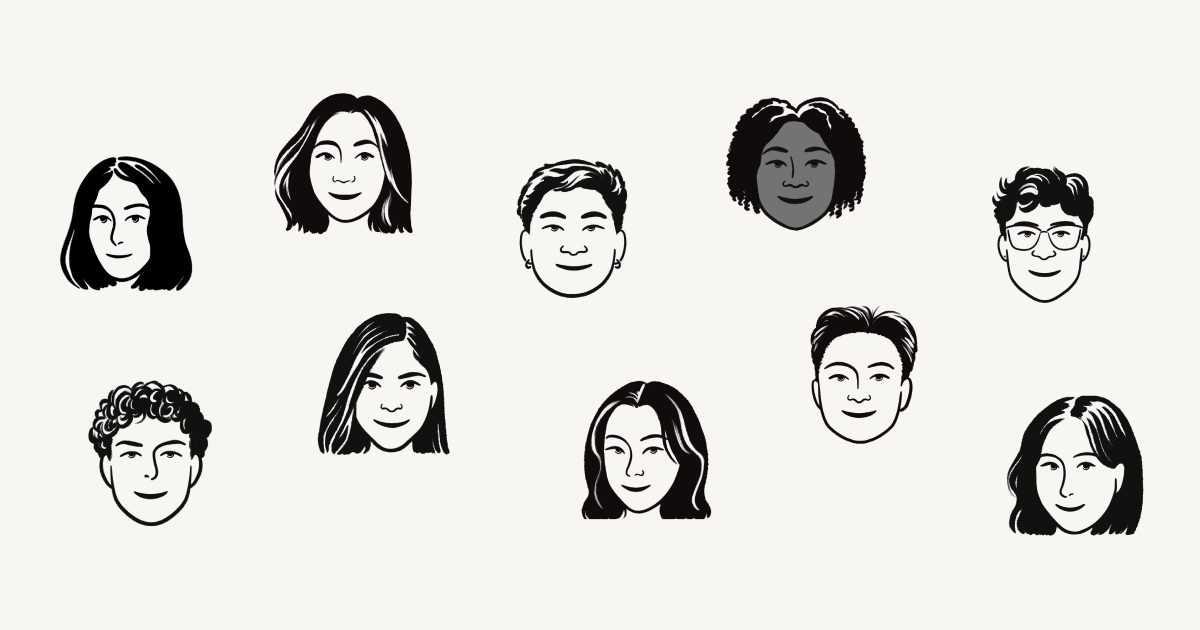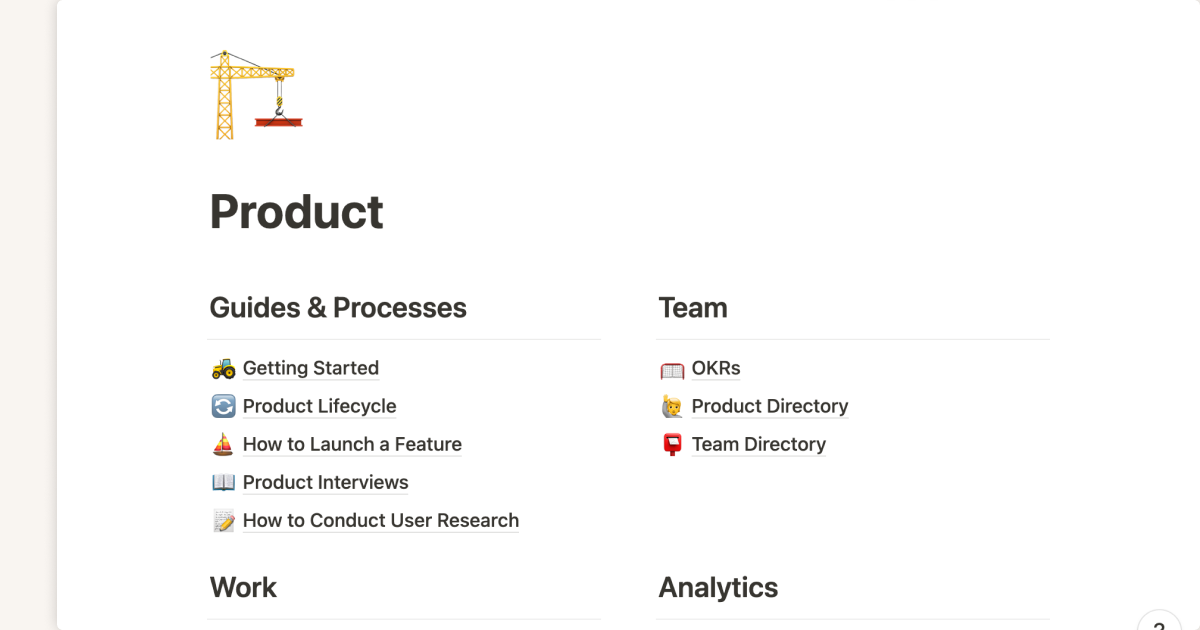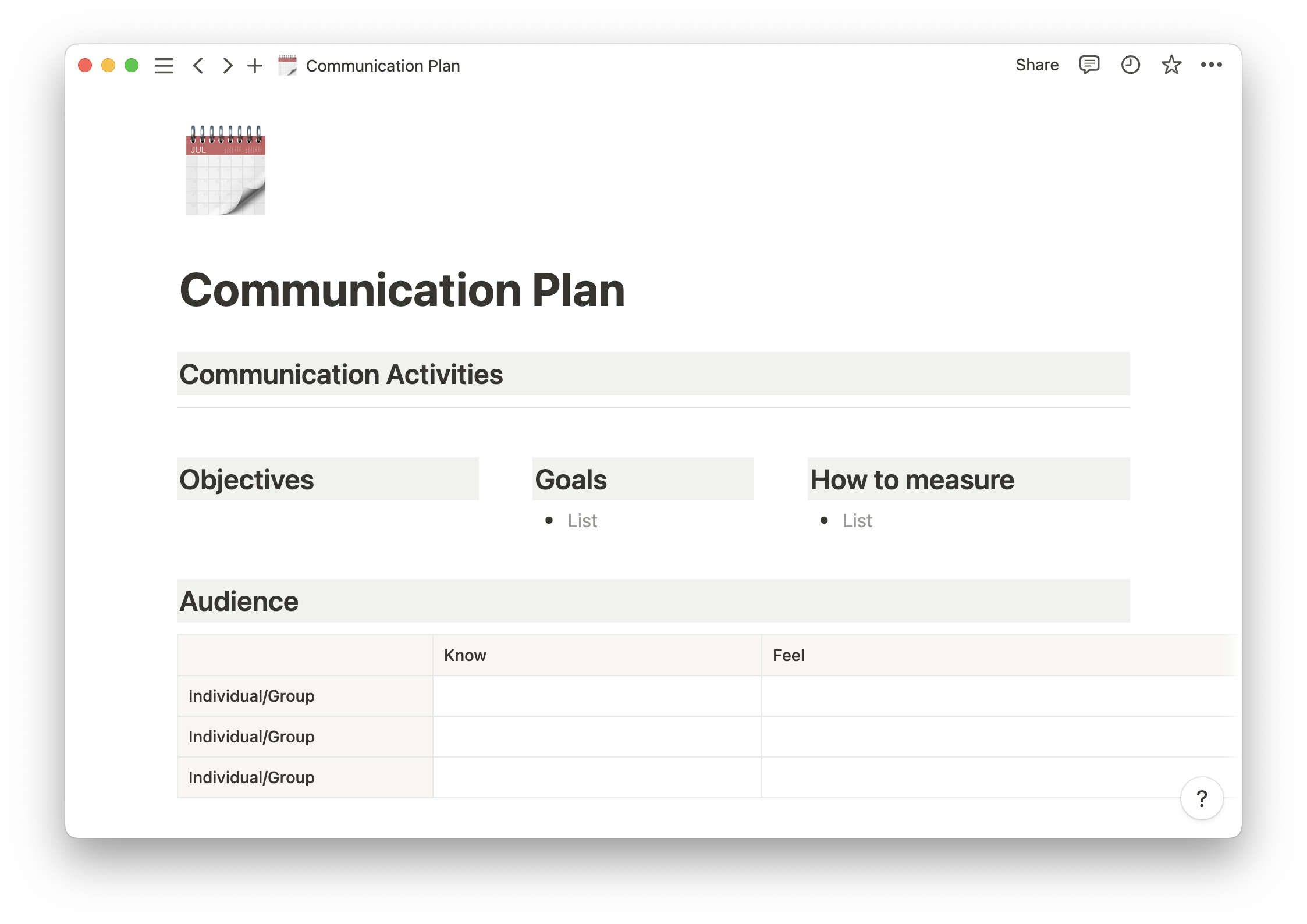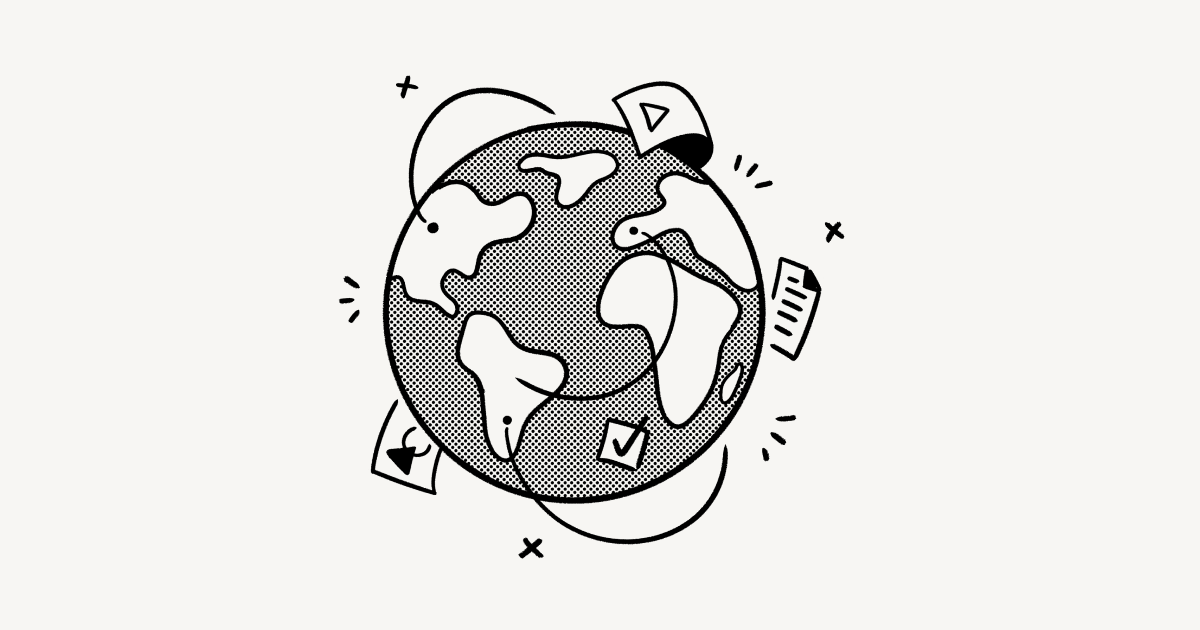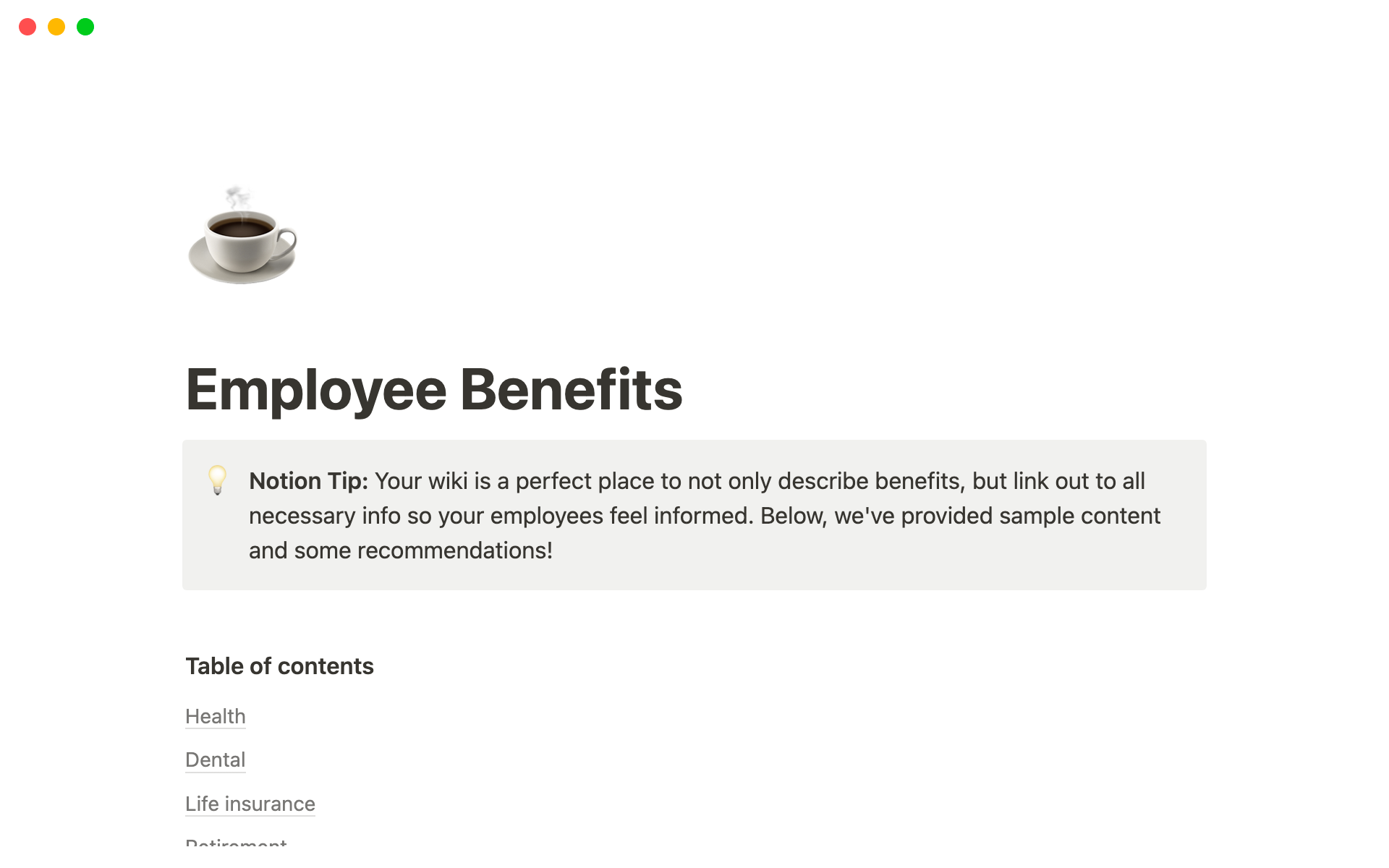The next generation of talent is entering the workforce — and most companies aren’t prepared.
By 2030, it’s expected that nearly 60% of the workforce will be made up of Gen Z and Millennials. Most of them will have no memory of an analog world and became digital producers at an early age. Their work priorities have shifted, too. Post-pandemic, Gen Z expects hybrid work policies, flexibility, transparency, and a collaborative work environment. Companies have struggled to keep up and adopt tools that can help them do so.
To understand why, I sat down for a conversation with leaders at Figma, Index Ventures, and Octopus Energy.
We talked at length about the new wave of knowledge workers, and discussed what companies need to do to set them up for success. It boils down to one thing: to build a truly connected company, you need tools that encourage the right culture.
“Gen Z are change champions: they will push for the tools and processes that allow them to work at their best.”
Siobhan O'Reilly
VP Sales & Regional Manager EMEA, Figma
But meeting people with a tool they want to use is harder than it sounds when companies have invested heavily in legacy suites. For this generation, there’s a stark contrast between what they choose to use in their personal lives and what’s foisted upon them at work. Gen Z runs their lives in digital apps, from personal notes to tasks to calendars. But at work, they’re met with archaic, unalterable SaaS systems designed for specific work styles.
This forces a kind of code switching where people are forced to reset and learn new ways to communicate, share information, document knowledge, and generally find what they need. They end up less productive and engaged, and remote workers are left feeling even more alienated.
This is more than just a tool problem — it’s a culture problem. And it ultimately turns into a talent retention problem too. When employees are able to use apps they actually want to use, it almost becomes an employee benefit, as it creates the culture of flexibility and speed that Gen Z knows and loves.
We’re hearing this sentiment in conversations with our young workforce community as well. I reached out to Notion users to learn more about their experiences. I spoke with two who, despite working in different industries and roles, share similar perspectives on how tools and culture are shaping the future of work.
“Ensuring your workers feel like their needs are being met and that they’re listened to — especially when it comes to the right environment and tools — is key to making sure you have a happy, motivated team,” says Eleanor Cranfield, Event Manager at Equals Money.
Emmanuel Kojo Afoakwah, a Strategy Analyst at Formo, echoes the sentiment. “Companies that care about longevity and employee development need to adapt the tools they use to align with younger workers’ expectations,” he said.
Luckily, companies don’t have to make these changes on their own. Gen Z have incredibly valuable insights to share on tools that both suit their work styles and serve the business. Create space for employees to share feedback about tools and workflows — Slack channels or anonymous quarterly surveys are good avenues to gather insights and monitor employee satisfaction.
The bottom line: how we work is changing. Companies need to listen to the next generation of workers and adopt tools that work for all employees. The knowledge workers of today aren’t afraid to demand change, and the companies that aren’t open to it risk losing their best and brightest new talent, and ultimately, their edge.
If you want to hear more about our thoughts on the next wave of workers, check out the recording of my conversation with Siobhan, Paula, and Ashley here.


